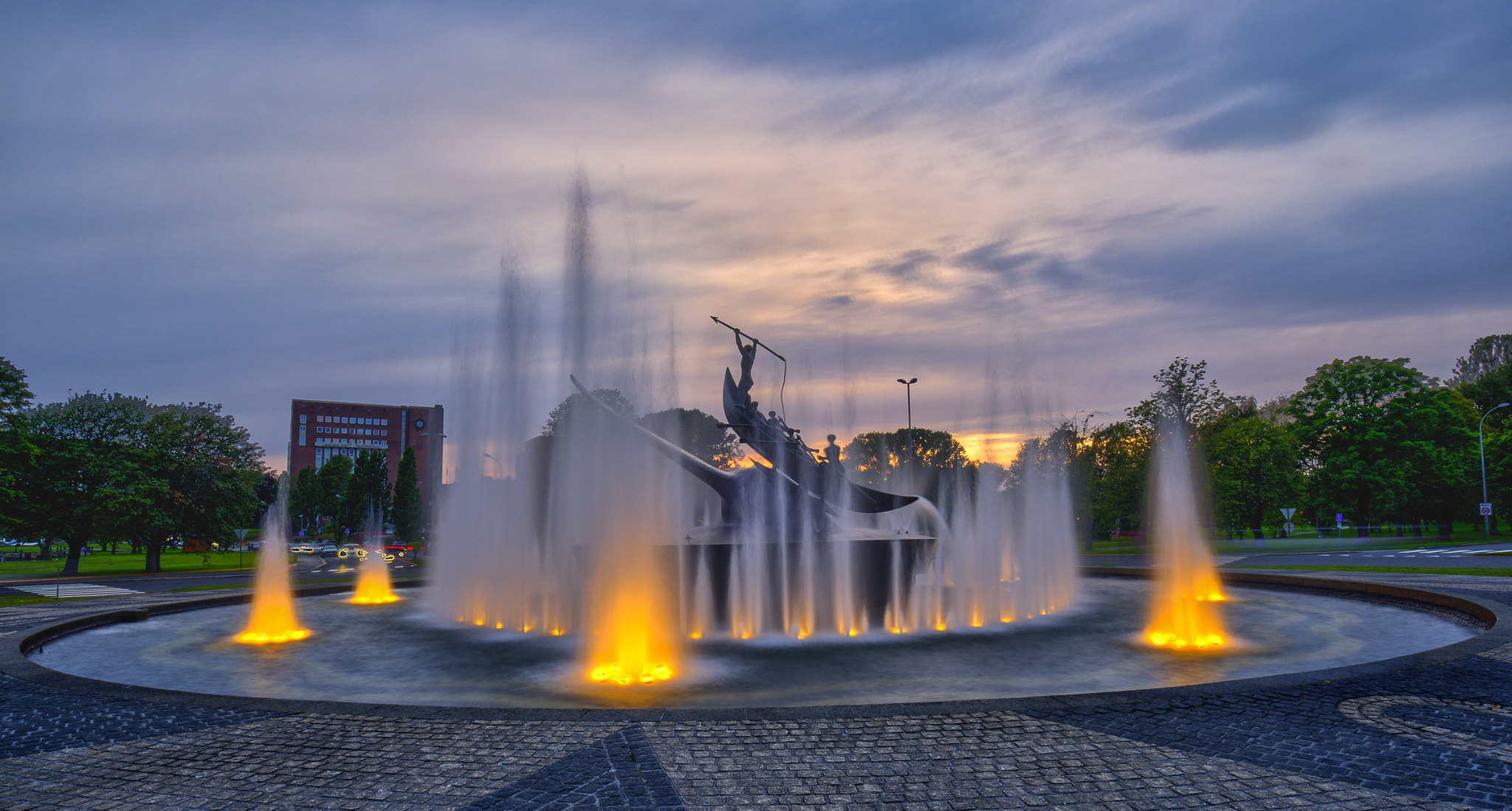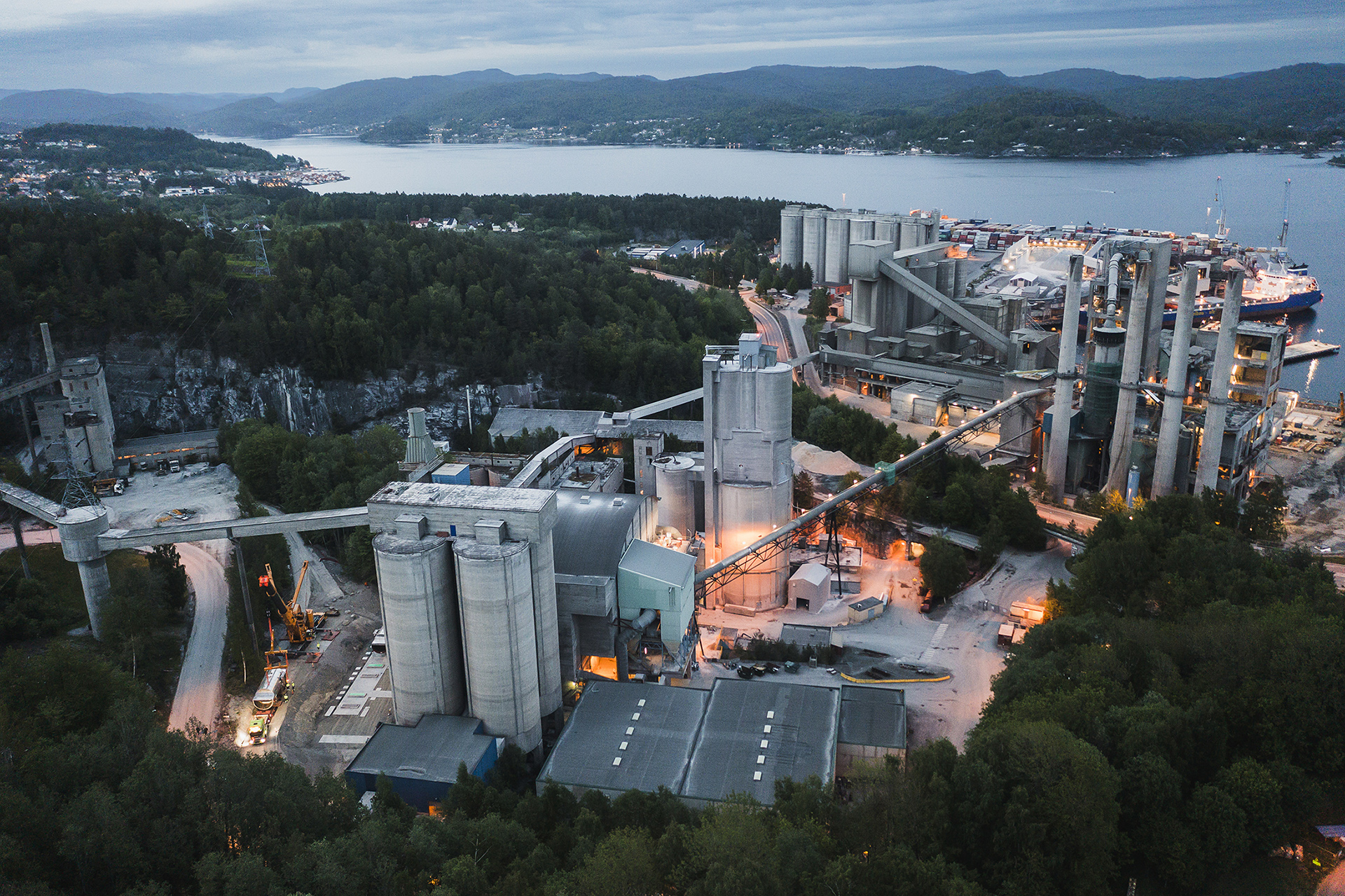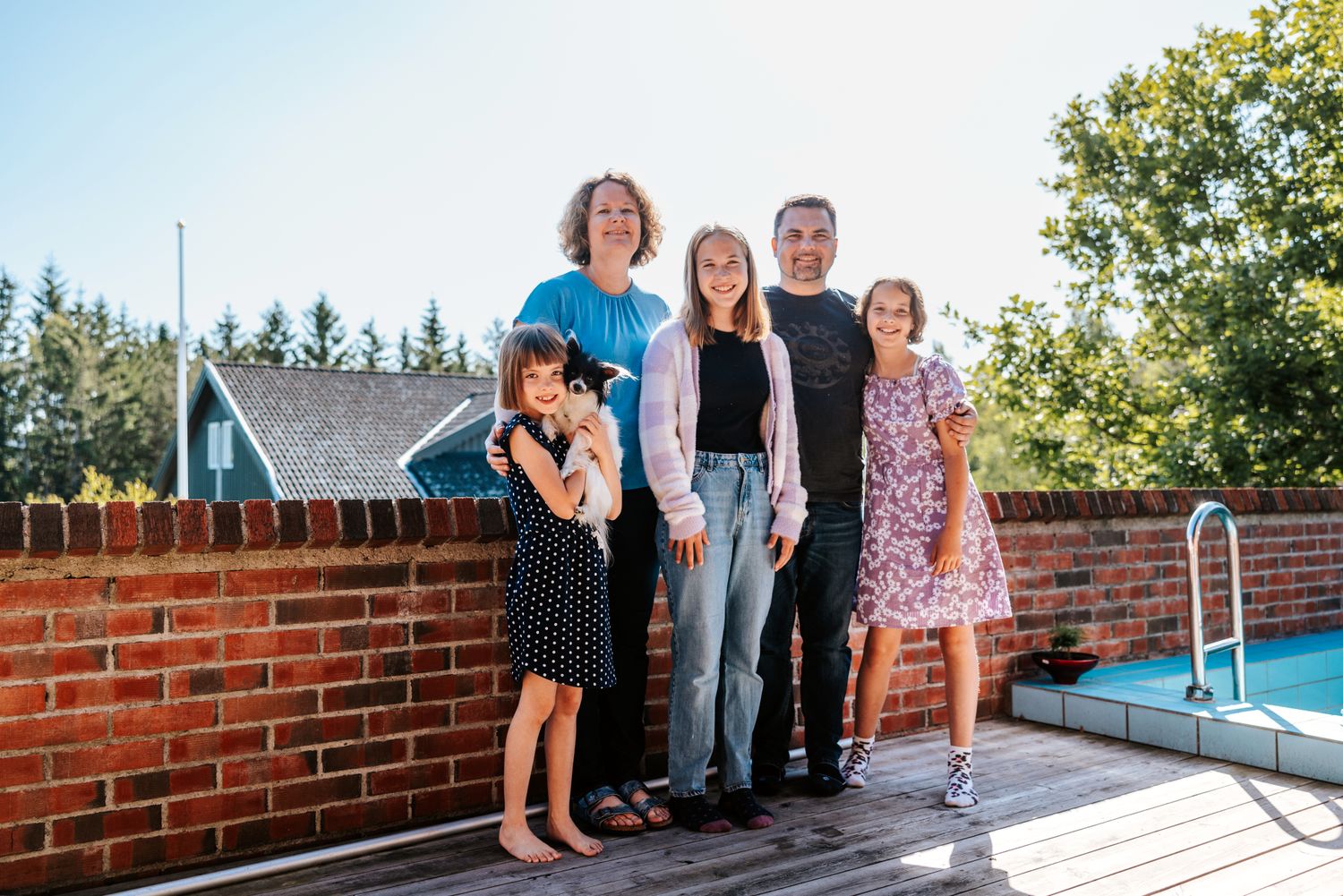To save the world, more people should do like Franz
Climate emissions must decrease. Food production must increase. If he gets his dream job as a process operator at Yara in Porsgrunn, Franz August Lauritz can contribute to both.
Produced by Schibsted Partnerstudio on behalf of Powered by Telemark.
Every day, thousands of people go to work and make an important contribution to society.
The fight for the environment must be fought on several levels, and it is urgent. Grenland has a stated ambition to become the world's first climate-positive industrial region as early as 2040.
The region depends on a number of factors to succeed. The fact that enough young people choose vocational subjects when the choice is made in tenth grade is one of them. Norway needs more skilled workers.
"I encourage anyone who is generally curious to apply for vocational training," says Franz August Lauritz (23), who will graduate as a process operator next autumn. As a process operator, Franz monitors the technological process and ensures that operations at the facilities run as normal.
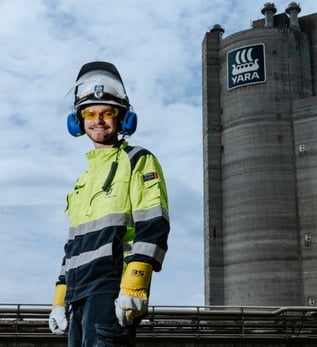 "The job opportunities are many. I am sure that no one who chooses this line of work will regret or become unemployed - and they will earn well."
"The job opportunities are many. I am sure that no one who chooses this line of work will regret or become unemployed - and they will earn well."
Apprenticeship at Yara on Herøya
Franz carried out his apprenticeship at Bilfinger, which is responsible for the maintenance of Yara's factories in Herøya Industrial Park, among other things.
"Already during my apprenticeship, I mostly worked in the factory "Fullgjødsel 4" and became increasingly engaged and interested. Not just in the job itself, but in what Yara produces and contributes to. So I found out that I had to apply further," says Franz.
This led to an apprenticeship at Yara within chemical process.
"The industry's gold"
The companies in Greenland value their process operators so highly that they often refer to them as "the industry's gold". At Ineos and Yara alone, two of the major industrial players around the Frierfjord, more than 350 process operators work.
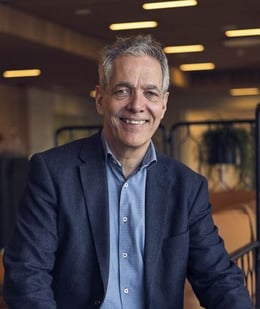
Sverre Gotaas, managing director of Herøya Industripark, says this is a major unique selling point when foreign investors make contact.
"This is the most important competitive advantage we have. When companies from outside want to start a business here, this competence is one of the first things they ask for. Our operators are used to making important decisions on their own when unforeseen events occur. This provides safe and efficient operation," says Gotaas.
Meaningful work
Franz talks about a workplace that he enjoys and learns something new every day. The most important thing for him, however, is what the job entails in practice, what Yara actually produces:
"This is exactly what I want to do. Many industries may be uncertain, but as long as humans are on the earth, the need for factories like this will only increase," he says and continues:
We won't stop eating, and the fertilizer that Yara produces helps solve the hunger problem and contribute to putting food on the table for many millions of people every single day. This is meaningful to me.
Enjoy working shifts
In Grenland, it is often said that "shift work is a part of our DNA". Franz is a young, living example that this is more than a phrase.
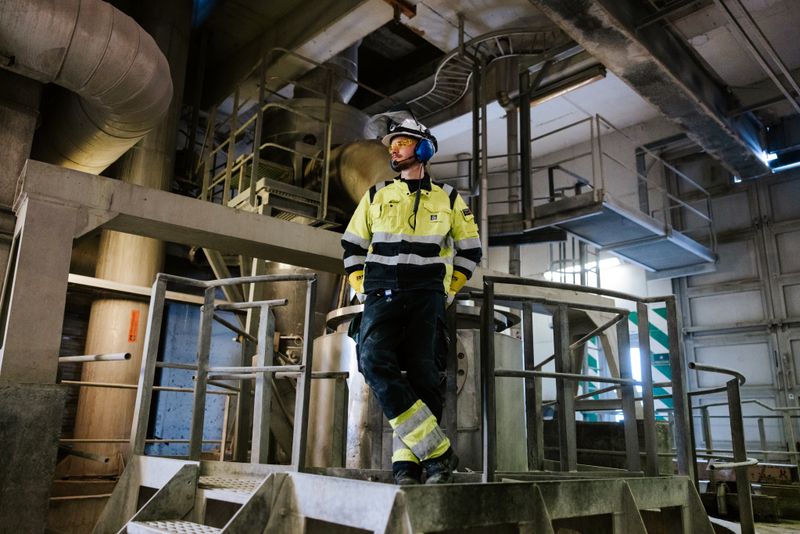
"Shift work may not be for everyone, but I really like it," says Franz. He highlights the good workplace environment and how well he was received from day one. He describes his colleagues as open and pleasant, willing to teach him the vocation from A to Z.
"There are certainly both advantages and disadvantages to shift work, but I clearly see most advantages. We also have a lot of free time, long weekends and mornings off in the middle of the week. To me that's a luxury.
With his vocational certificate in hand, in the autumn of 2023, Franz can formally apply for a permanent job as a process operator. He hopes there will be an opening in the department where he is an apprentice today.
Read the original content here.
